You'll Have the Sky: The Life and Work of Anne Morrow Lindbergh (2016)
A film portrayal of a pioneering aviator and best-selling author whose extraordinary public life had a deep impact on her inner world.
A film portrayal of a pioneering aviator and best-selling author whose extraordinary public life had a deep impact on her inner world.
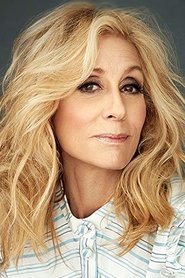 Judith LightNarrator
Judith LightNarrator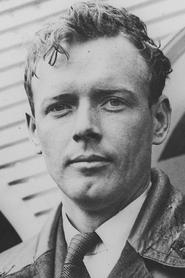 Charles A. LindberghSelf (Archive Footage)
Charles A. LindberghSelf (Archive Footage)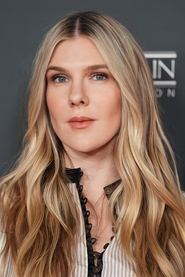 Lily Rabe
Lily RabeAn unconventional portrait of painter Frida Kahlo and photographer Tina Modotti. Simple in style but complex in its analysis, it explores the divergent themes and styles of two contemporary and radical women artists working in the upheaval of the aftermath of the Mexican Revolution.
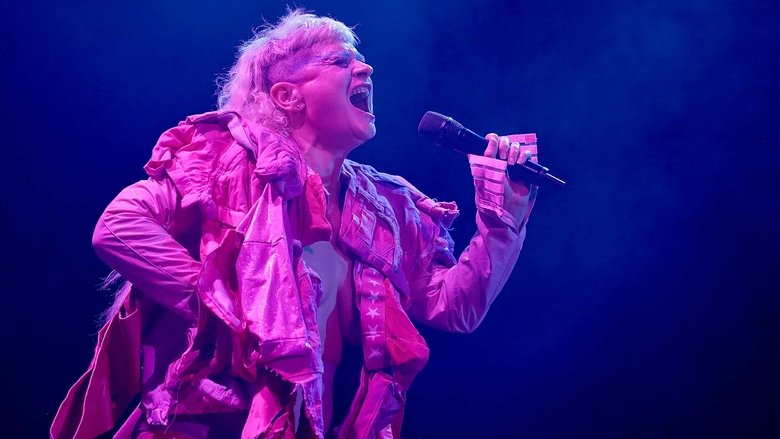
Peaches - artist, feminist, rock star. She has been challenging gender stereotypes for over 20 years and is on par with the icons of the pop and rock world. With exclusive private archive material and current footage of preparations and concerts of her 2022 jubilee tour “20 Years of Teaches of Peaches”, we learn how the Canadian Merrill Nisker became the internationally celebrated musician and electro-clash icon Peaches.
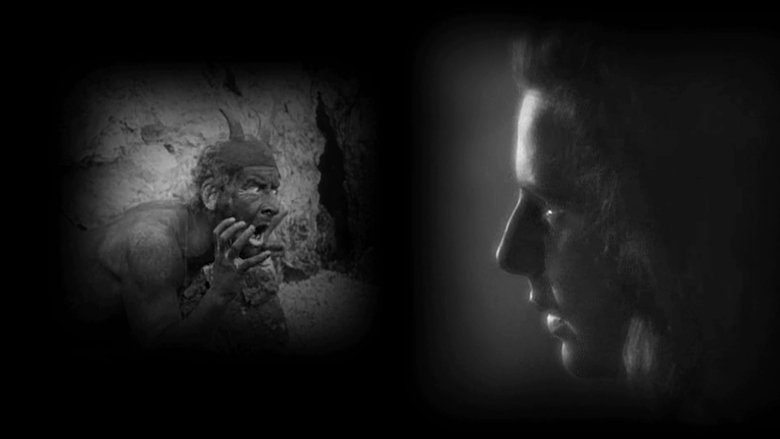

While touring to promote her second studio album "Sucker", Charli XCX tackles what feminism ('the f-word') really means to women in the music industry in a series of interviews with other pop artists.
The Righteous Babes shows how the self-affirmative music of young women is renewing the 90's feminism. In the film, audience can experience feminism not in the library but in the rock concert hall. The film shows interviews and performances. In addition, controversial feminists along with American and British women journalists share their views on pop culture.
A convicted felon builds a feminist movement from behind bars at an all-male prison in Soledad, California.
'Trailblazers in Habits' is an intimate portrait of a group of American Catholic nuns, the Maryknoll Sisters, who have accompanied the disenfranchised in their struggle for social justice. By turns tragic and joyous, yet always inspirational, this insightful documentary is a revealing portrait of these courageous women. A moving and absorbing chronicle that spans 100 years and several continents, the film celebrates the intelligence and tenacity; the love, compassion and generosity of these early feminists.
Singled [Out] tells the story of five educated women in four corners of the world: Jules in Melbourne, Manu in Barcelona, Shu and Yang in Shanghai, and Melek in Istambul -they all travel solo in a world where pairing up is the norm. Together with the voices of some well-known experts in the areas of sociology, law and demography, the film unveils modern love in the era of choice, and is a journey to the heart of being a single woman today.
Born in Ukraine in 2008 in the wake of the "Orange Revolution," the feminist movement Femen fights for democracy, freedom of the press, women's rights, and against corruption, prostitution, sexism, racism, poverty, and religion. The activists quickly caught the attention of the media with their shocking protests. In 2012, at the creation of Femen France, Caroline Fourest followed their actions. They notably affirmed their support for "Marriage for All" by protesting on November 18, 2012, during the demonstration organized by the Civitas Institute against the bill, provoking sharp clashes.
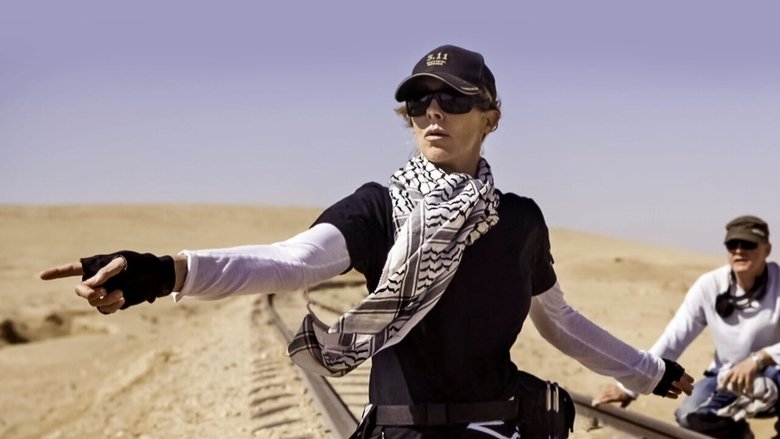
An investigative look and analysis of gender disparity in Hollywood, featuring accounts from well-known actors, executives and artists in the Industry.
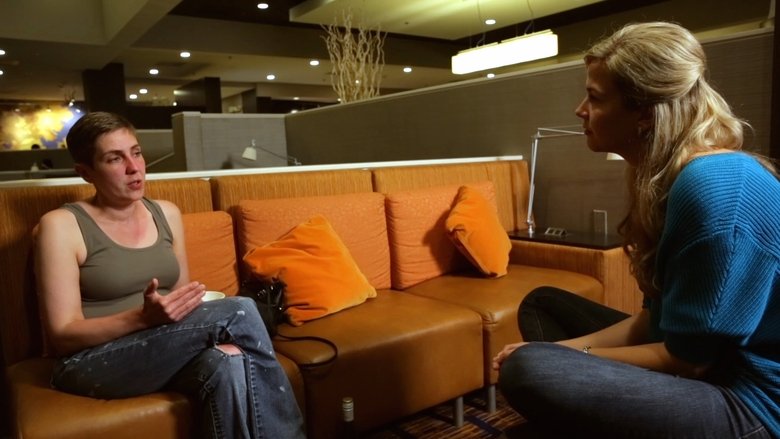
When a feminist filmmaker sets out to document the mysterious and polarizing world of the Men’s Rights Movement, she begins to question her own beliefs. Chronicling Cassie Jaye’s journey exploring an alternate perspective on gender equality, power and privilege.
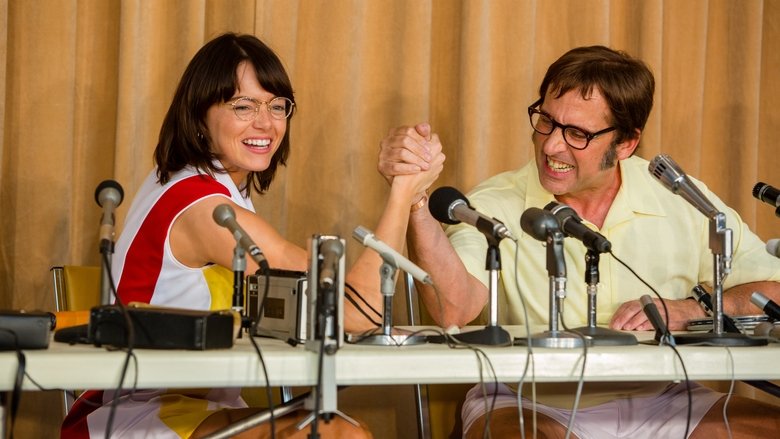
The true story of the 1973 tennis match between world number one Billie Jean King and ex-champ and serial hustler Bobby Riggs.
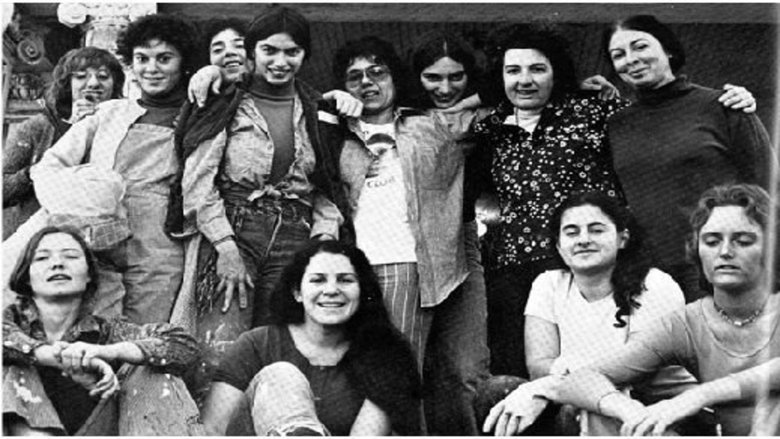
Held in 1972 at 533 N. Mariposa Street, Los Angeles was one of the most important cultural events in the United States: "Womanhouse," a feminist art installation and performance space organized by Judy Chicago and Miriam Schapiro.
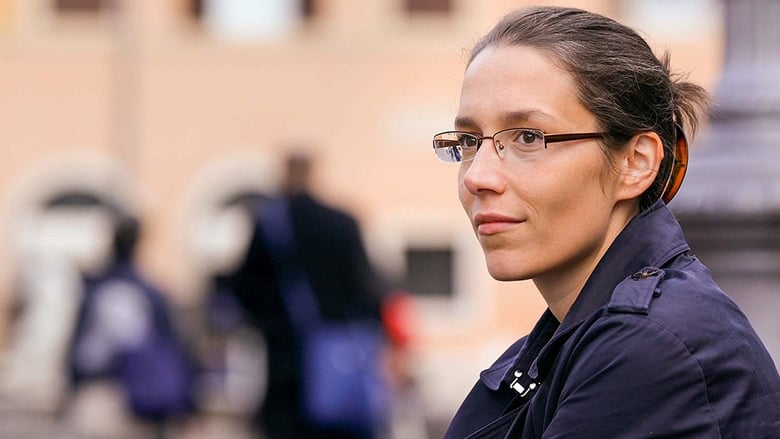
A plea for the liberation of female sexuality in the 21st century. The film questions millennial patriarchal structures, as well as todays omnipresent porn culture. It accompanies five extraordinary women around the globe, reveals universal contexts and shows the successful fight of these courageous women for a self-determined female sexuality and an equal, passionate relationship between the sexes.
Right at the heart of the debates on the discrimination of women in the film industry, this documentary raises questions, while offering a voice to women and their cinema. Catherine Breillat, Claire Denis, Mira Nair, Margarethe Von Trotta, Ulrike Ottinger, Micheline Lanctot, Rakshnan Bani-Etemad, María Novaro but also the names of the less visible directors of the general public. Joining the filmmakers are the voices and comments of producers, film specialists and archivists through whom our images are meticulously preserved.
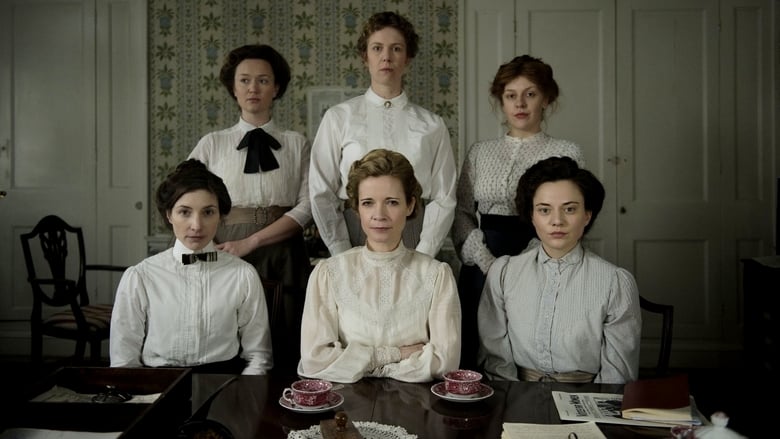
The story of the struggle for the women's vote is much more than just the account of the exploits of Emmeline Pankhurst or the tragic fate of Emily Davidson. Lucy Worsley puts herself at the heart of the drama, alongside a group of astonishing young working class suffragettes who decided to go against every rule and expectation that British Edwardian society (1901-1910) had about them…
It is 1913. Women across the country, outraged by inequality and prejudice are beginning to rise up and demand change. In York, a revolution is about to take place as an ordinary Heworth housewife risks her life and her family to join the fight. And she's not alone. Across the city, women run safe-houses, organise meetings, smash windows and fire-bomb pillar boxes. It's dangerous, it's exhilarating, it's ground-breaking: and in 2017 the amazing story of York's suffragettes will be told for the first time. Everything is Possible is York Theatre Royal and Pilot Theatre's latest large-scale community production. The play was performed on a spectacular scale with a cast of around 150 and a choir of 80. The performance started outdoors before moving onto the stage at York Theatre Royal. We raised the purple, green and white flags and cried "Votes for Women!" to sold-out audiences.
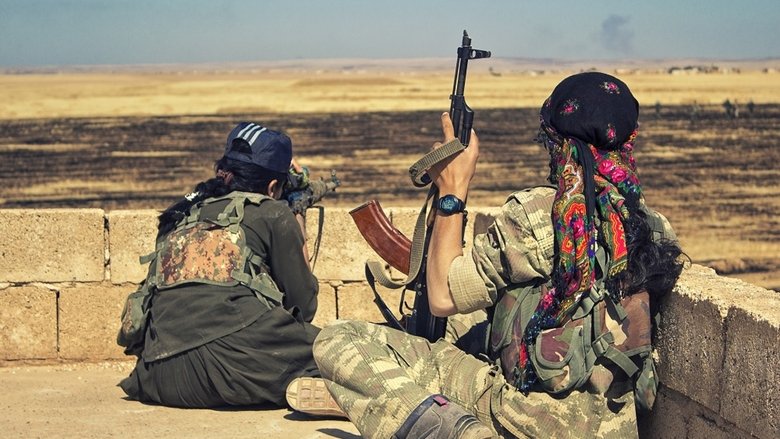
On the front line of the Syrian war, a 30-year-old commander leads her female battalion to retake an ISIS-controlled city and emerges severely wounded, forcing her to redefine herself in this empowering tale of emancipation and freedom.
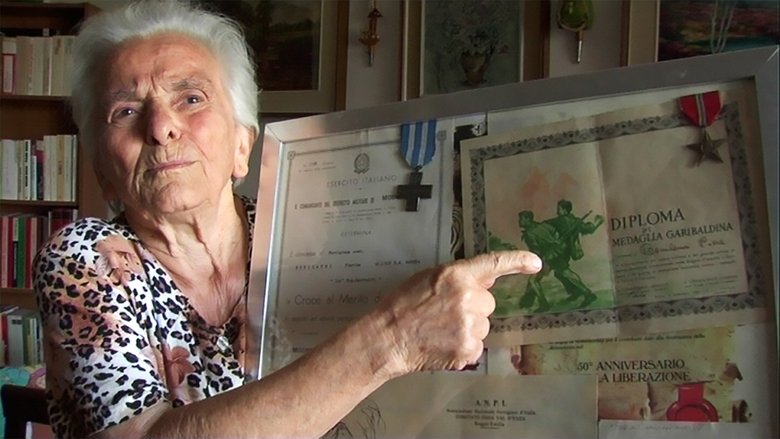
Annita Malavasi was just 22 when the Germans occupied Italy, their former allies, in 1943. As a partisan in the Italian resistance named “Laila”, she moved throughout the Apennines with and between fighting units, delivering information, transporting weapons, and taking part in battles. She spent over a year in the Apennines, fighting against the German occupation. At the same time, she had to assert herself against the men of the mountain villages. By the end of the war, Laila had risen among the ranks to become one of the few female commanders in the Italian resistance. This film chronicles the story of a lifelong struggle for emancipation that began with the battle for Italy’s liberation from fascism. Laila and her two comrades, Gina “Sonia” Moncigoli and Pierina “Iva” Bonilauri talk about their time in the Resistenza and what it meant to them and many other women.
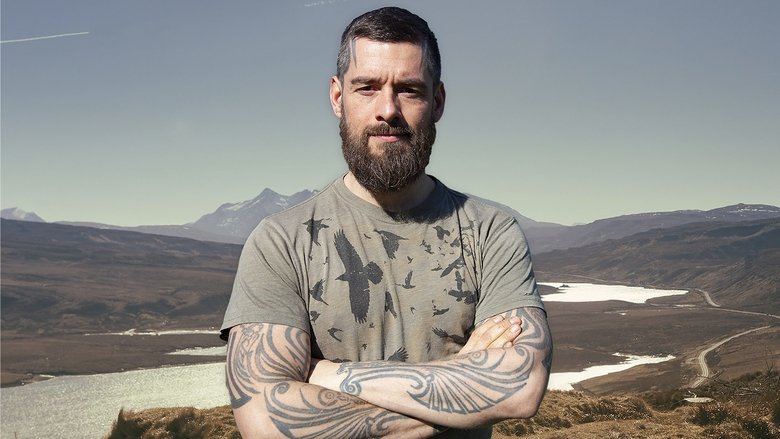
Journalist Alvaro Alvarez travels with former porn-star and men’s rights activist Philipp Tanzer to a Conference on Men’s Issues, shedding light on the controversial movement.